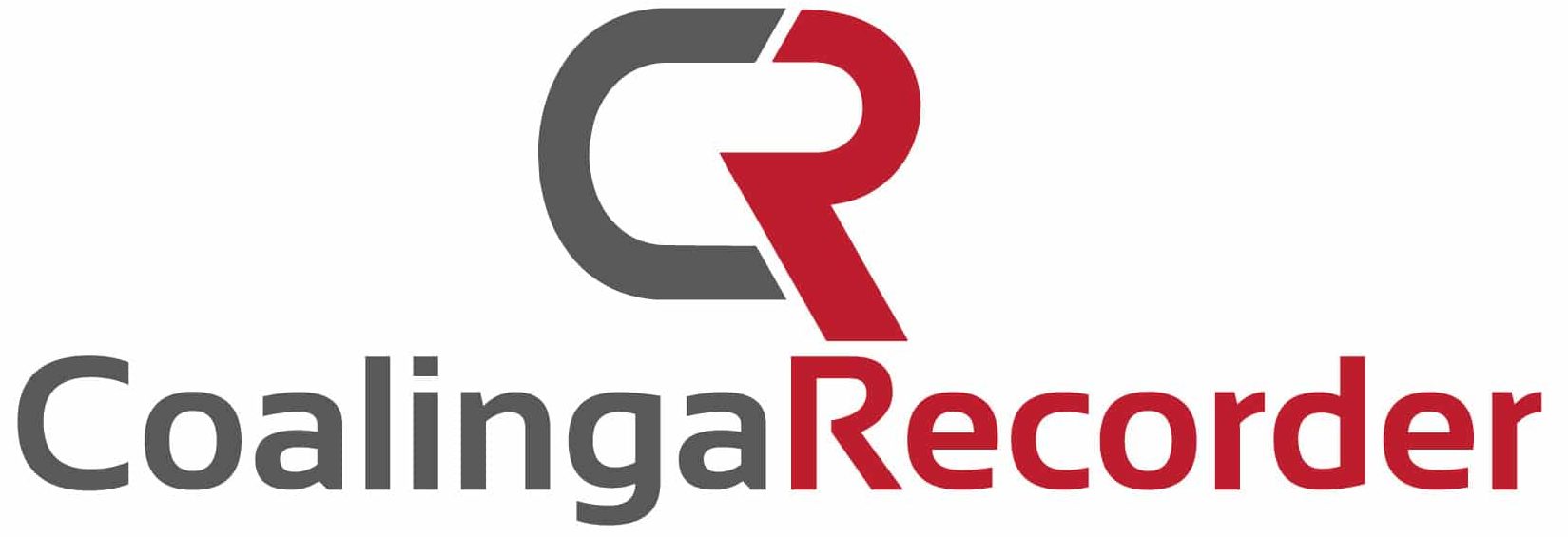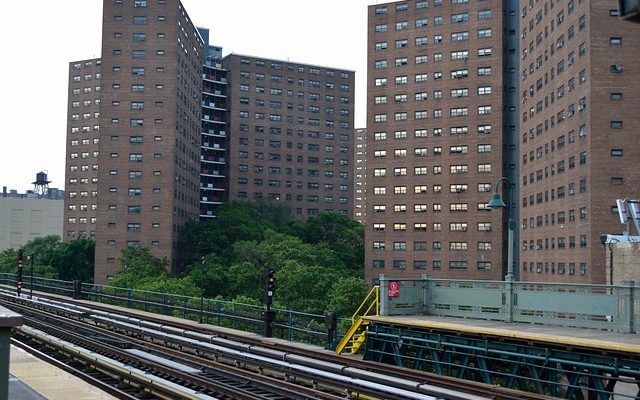Housing inequality is what happens when people are living on the street are forced to inhabit substandard homes due to their financial limitations. It’s unconscionable that anybody should be deprived of a place where they can feel secure and count on at least a good night’s rest.
Rampant poverty can be found throughout America’s cities. Behind the skyscrapers and stadiums are people who are struggling to get by. They might not know if they’ll be able to make their next rent or mortgage payment without making major sacrifices or relying on the kindness of others.
Cities may be aware of housing inequality, but awareness alone doesn’t solve anything, neither does offering temporary solutions, like homeless shelters. These are some things that cities can do to tackle housing inequality and actually make a difference.
Address Gentrification
Gentrification occurs when developers set their sights on certain neighborhoods, typically working-class ones with low-income housing, and rising rent costs force residents out, regardless of how long they’ve lived there. Instead of being able to benefit from a revitalized neighborhood, residents have to leave a place their family might’ve called home for generations. Cities must not turn a blind eye to the evils of gentrification. If they want to improve an area, they must do so in a way that serves the community, not in a way that makes them feel like they have nowhere to go.
Affordable Housing
Affordable housing measures are the reason that many people are able to have a home. Thanks to vouchers and public housing projects, low-income people can rent at a subsidized or reduced cost. For those who wish to become homeowners, programs like the Chenoa Fund can help. With the Chenoa Fund, people can have a much easier time securing a mortgage. Programs that help people with things like down payments can make home ownership a far more likely thing than before.
Provide Housing
Cities wanting to reduce homelessness should take a look at Utah. The state implemented a Housing First initiative that gave people on the streets a place to live at a minimal cost. As a result, the “chronically homeless” population plummeted. It might seem like doing all that would cost more, but state and local governments can actually save significantly more money by providing housing. Providing mental health services and addiction counseling can also help keep people off the streets.
Raise the Minimum Wage
Housing inequality often comes down to income inequality. The minimum wage, the original purpose of was which to make sure that all working people could achieve a quality standard of living, has stagnated, lagging far behind what it should be with inflation. Meanwhile, rent and other expenses have kept escalating. If cities want to keep housing fair, they should increase the minimum wage. Hourly rates should be set at a rate that reflects median rent prices. In cities with a higher cost of living, the minimum wage must be able to keep up with expenses. The local economy can also be boosted due to people having more disposable income.
There’s always going to be some discrepancy in housing. Someone who earns a six-figure income is likely going to have a more glamorous and larger home than someone who’s on a tighter budget. However, everyone should have access to affordable and quality housing. If cities want to be good to their residents, they have to confront housing inequality.




